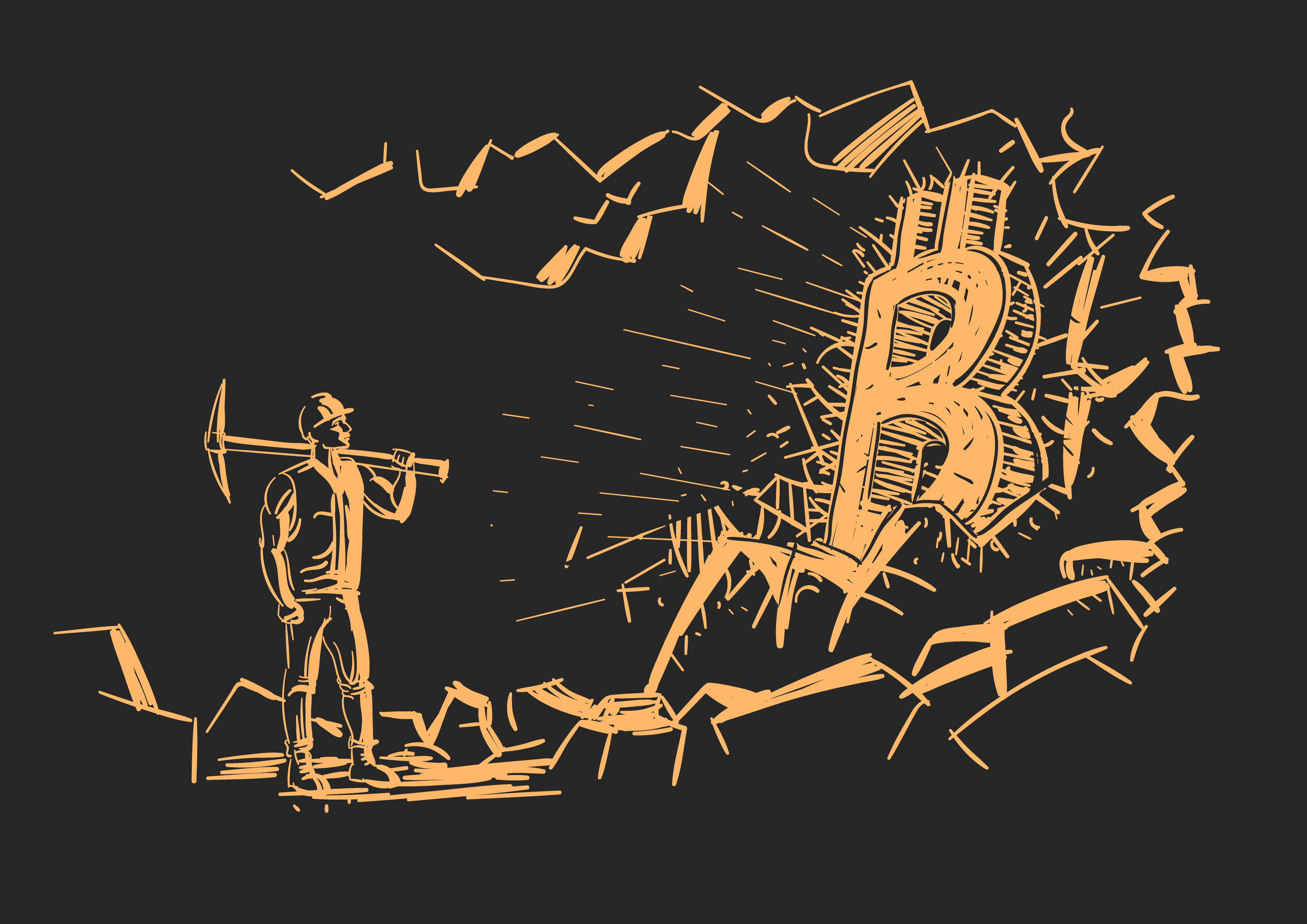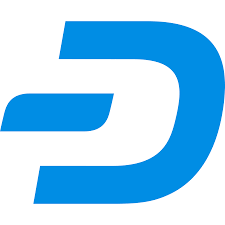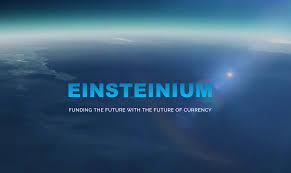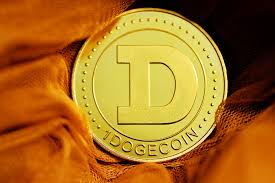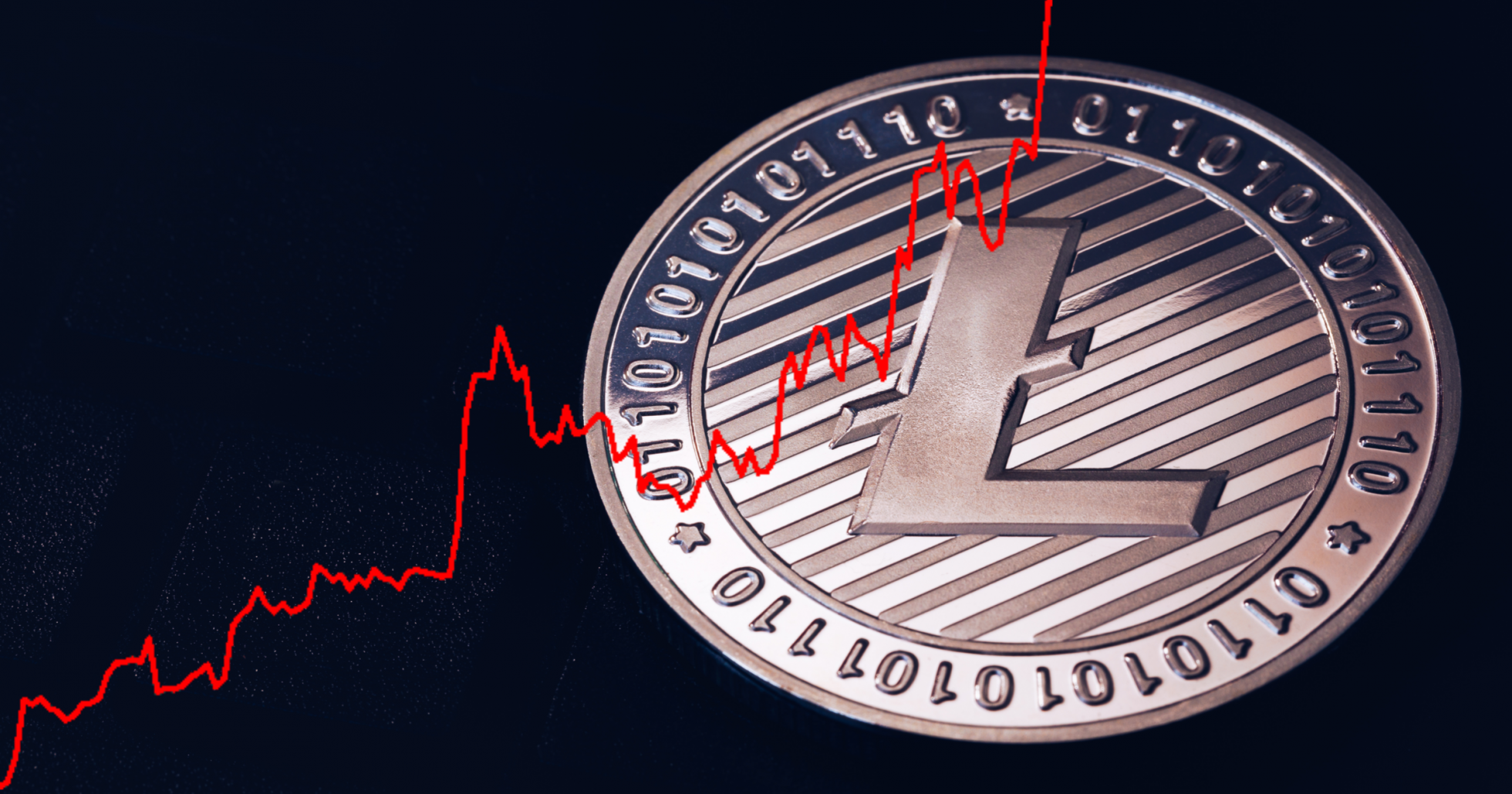A blockchain network like Bitcoin SV (BSV) is safeguarded by clients alluded to as miners. They keep the organization running by adding new monetary forms that are made as mining incentives as well as safeguarding the decentralized record. This advances the health of the BSV economy. Since SHA-256 information encryption is utilized by Bitcoin SV, the excavators should use their accessible PC power to solve challenging mathematical riddles. These might be obtained by excavators through either solo mining or pool enrollment. Bitcoin SV is a cryptographic money without any banks or issuing bodies. Miners record the transactions on a single record, with each holding a full copy of it. The miners contend by using processing power to solve mathematical problems to verify transactions using a procedure known as Proof of Work (PoW), which is named mining. Each fruitful mining activity produces a block that contains a bunch of confirmed transactions, which are consequently repeated by additional miners. The motivation for excavators’ work is known as a block reward, which is given to the miner who tackles the equations first with newly made BSV coins.
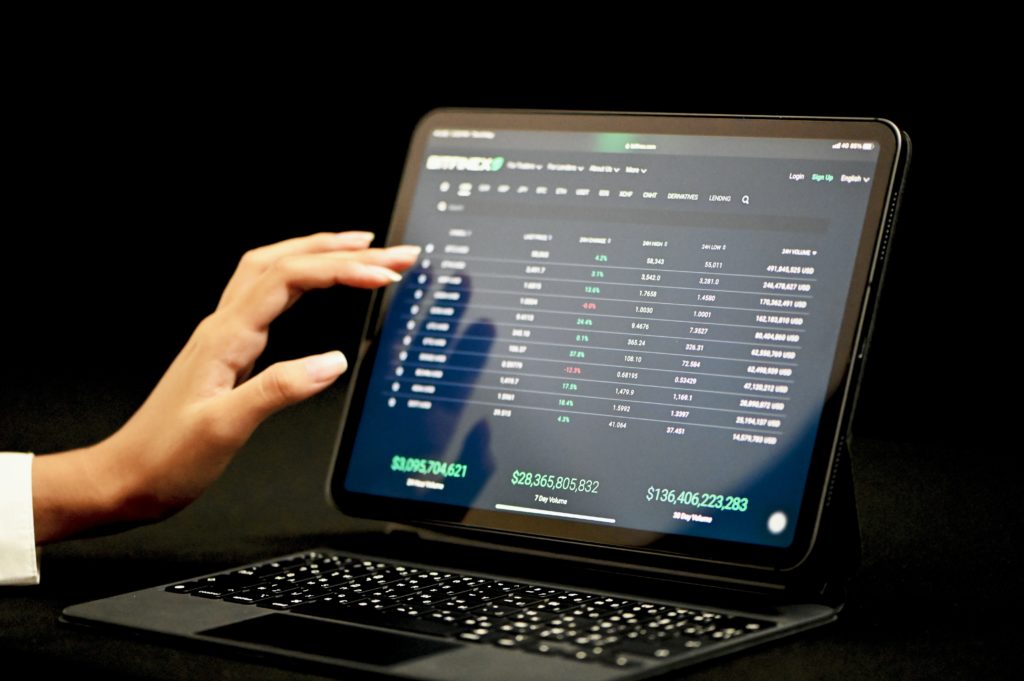
Why miners for Bitcoin SV are vital
Before a transaction utilizing Bitcoin SV can be recorded on the blockchain, it should initially be checked. This keeps clients from utilizing their money more than once. If this is not done, a user may conduct an unrecorded transaction, permitting them the chance to recover their recently utilized coins. The “twofold spend” issue is what is being addressed, and miners are a key component. Fraudulent activity is almost difficult because each transaction is recorded on a ledger that is checked and afterward shared by all excavators. Blocks of transactions are gathered into groups, or “hashes,” and afterward put on the ledger utilizing a process known as “hashing” in which information is cryptographically coded. The capacity of a PC to break these hashes and thus verify a block is known as “hashpower.” The expression “hashrate” portrays the number of hashing calculations a PC can do in a given measure of time. It might likewise be utilized to show the complete force of the multitude of PCs associated with a network. The network’s security is shown by the hashrate, which shows the number of computations that are being performed by the excavators. Bitcoin SV, similar to its parent network Bitcoin Cash, produces blocks on average in 10 minutes. BSV’s programming alters the riddles’ intricacy to keep up with this time, raising it while seriously handling power is focused on the network and bringing down it as miners leave.
Mining profitability
The cost of BSV, the trouble of mining, and the expense of power are a couple of the factors that influence how productive extracting BSV is.
Cost of BSV
The essential component influencing the benefit of mining is the cost of BSV. At the point when the worth of BSV is high, miners might dig more blocks for a given measure of BSV. This infers that excavators might in any case make a gain in any event, while mining is challenging.
Mining difficulty
The BSV network’s mining trouble is a proportion of the fact that finding new blocks is so difficult. For every 2,016 blocks, the mining difficulty is changed to ensure that another block is found on average every 10 minutes. Finding another block requires more processing power when mining is tough. To mine economically, miners must have more powerful equipment.
Electricity price
One more critical component influencing the productivity of mining BSV is the cost of energy. The energy expected to drive their mining hardware should be paid for by the miners. The financial matters of mining BSV diminish as power costs rise.
Monetary calculators
The productivity of mining BSV might be determined by utilizing different internet-based devices. These calculators represent the expense of power, the cost of BSV, and the difficulty of extraction.
Current financial success
The benefit of mining BSV is presently somewhat low as of August 2023. The expense of power in the US is currently roughly $0.10 per kWh, the cost of BSV is around $100, and the difficulty of mining is around 100 trillion. A productivity calculator gauges that mining BSV would get around $100 each day for a miner with a hashrate of 100 TH/s. However, the miner would not gain any money from this; it would simply pay the cost of the power. In any case, the cost of BSV can increase later on, which would expand the benefit of mining. Also, mining could turn out to be less perplexing, which would increase its profitability.
You can also find these articles helpful
Is it profitable to trade Bitcoin Gold
Bitcoin vs MonaCoin
Setting up wallet for Litecoin Cash

